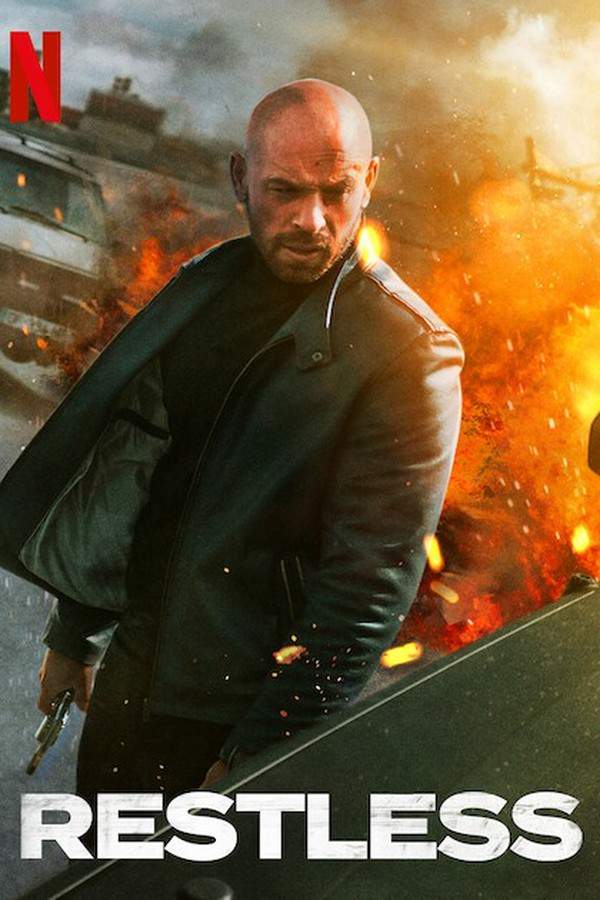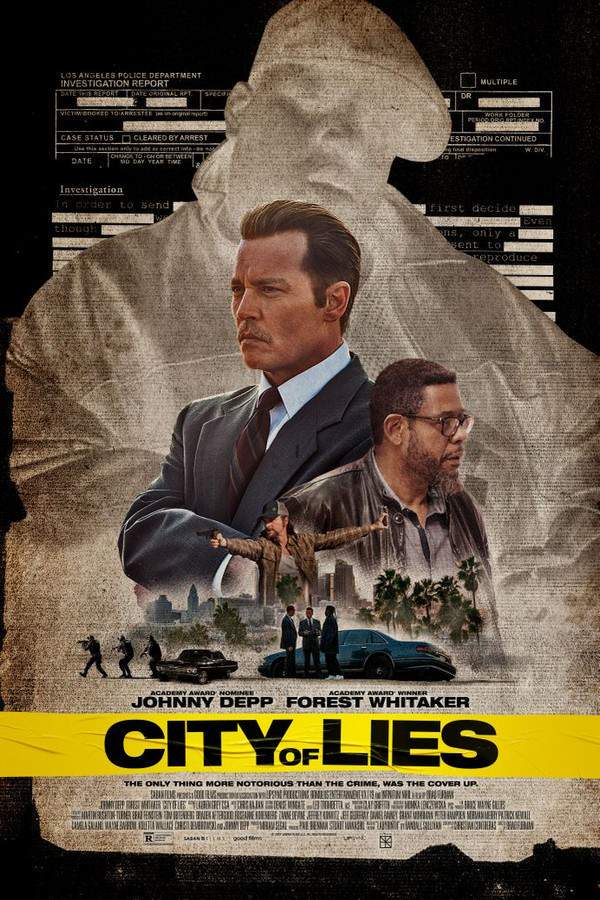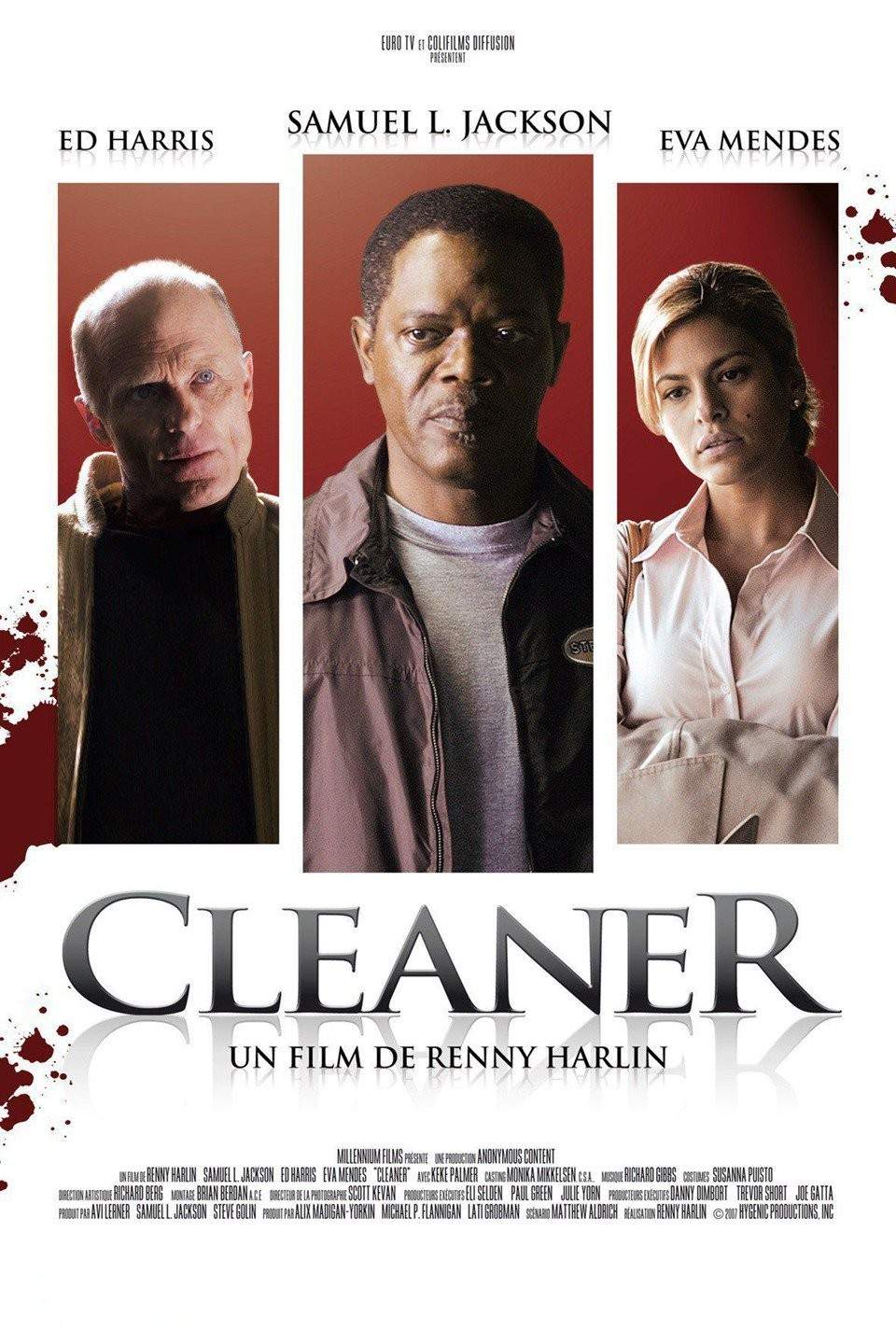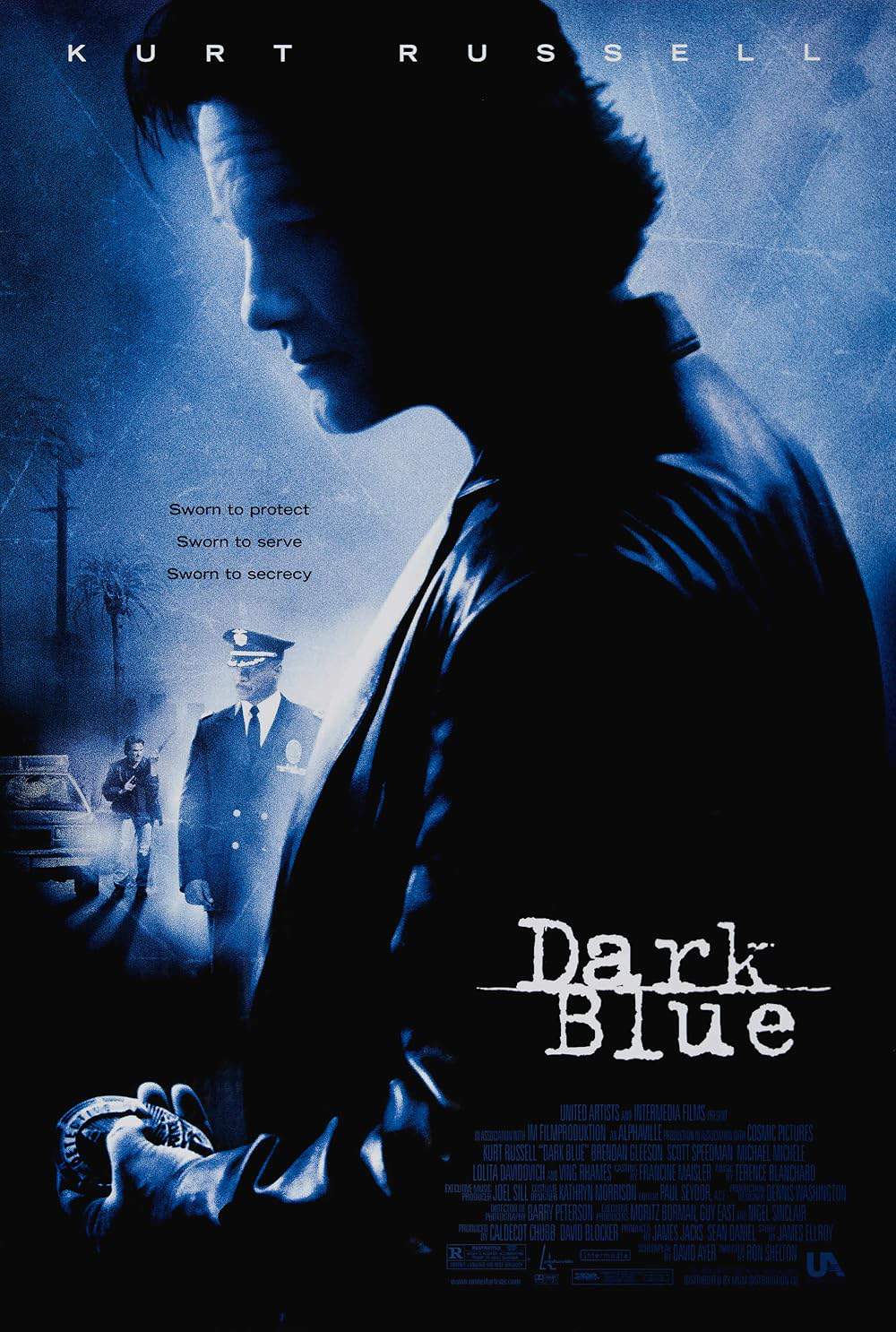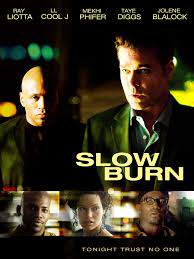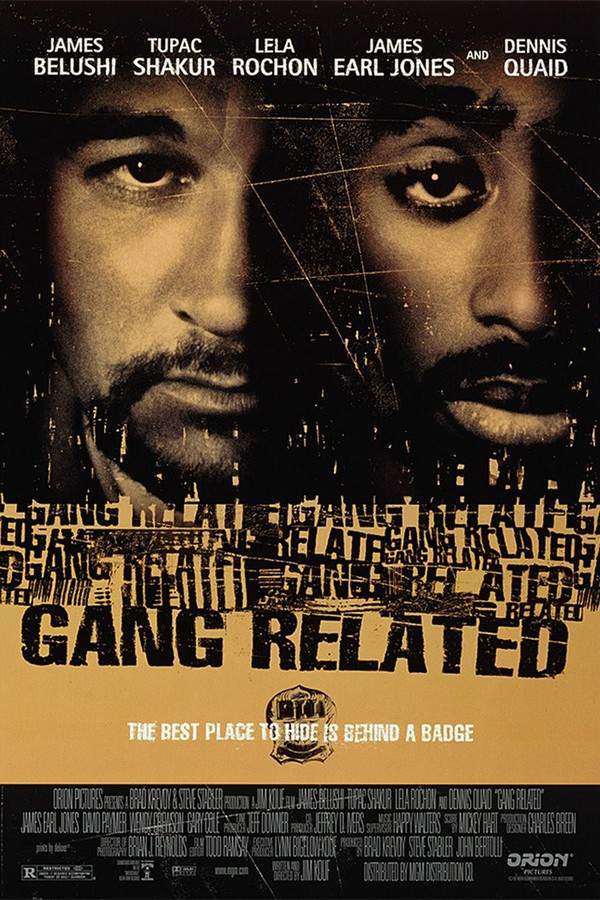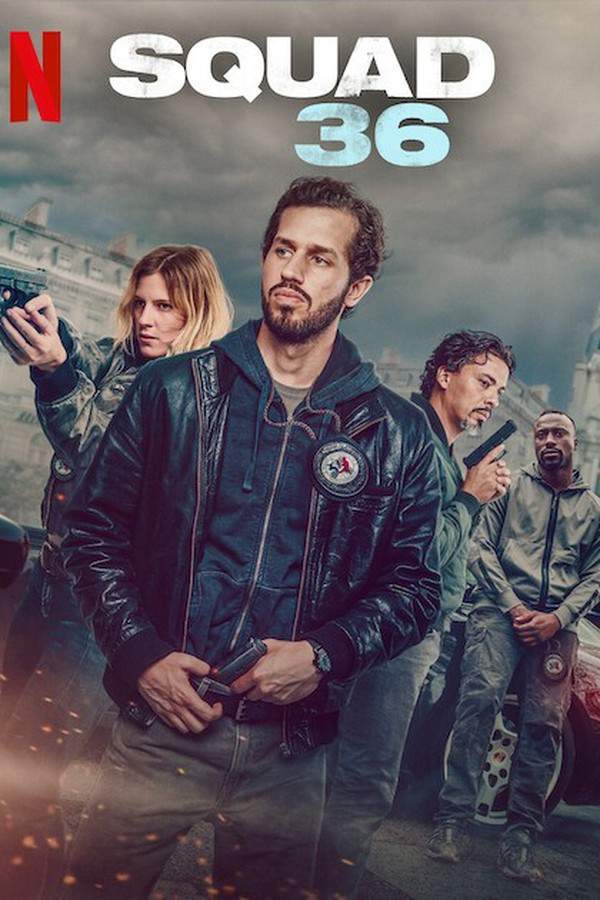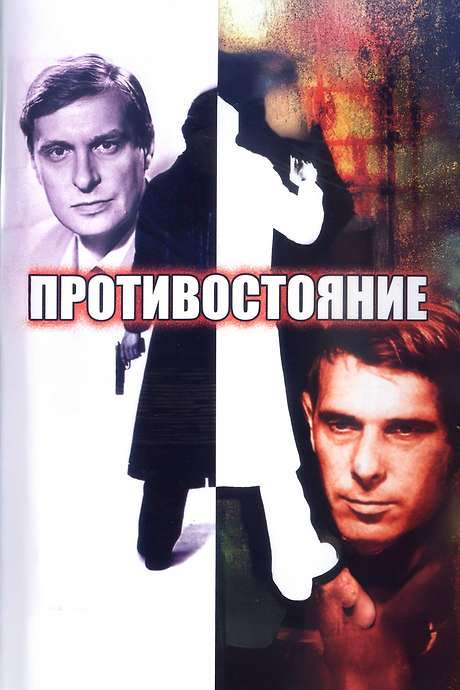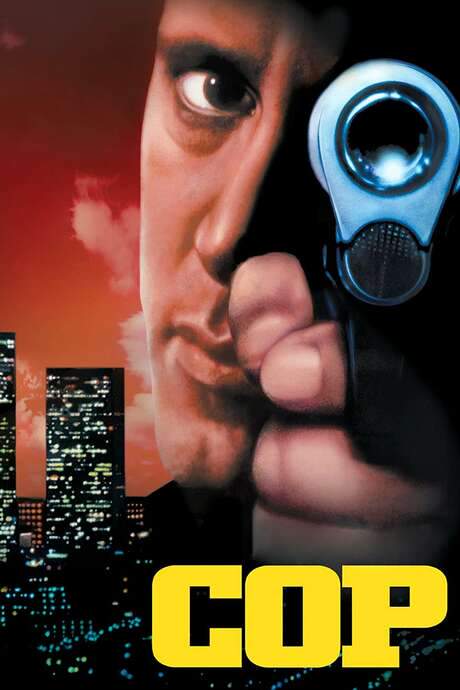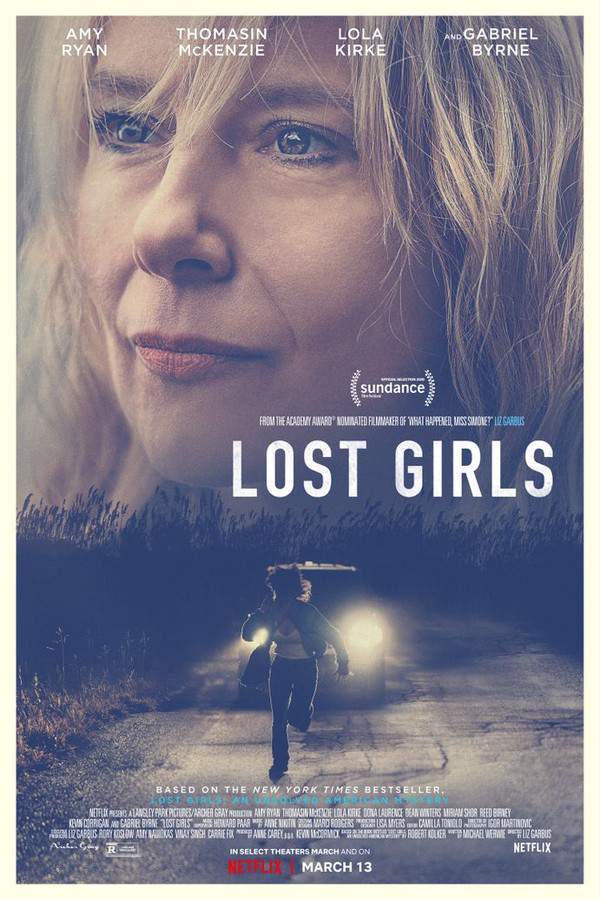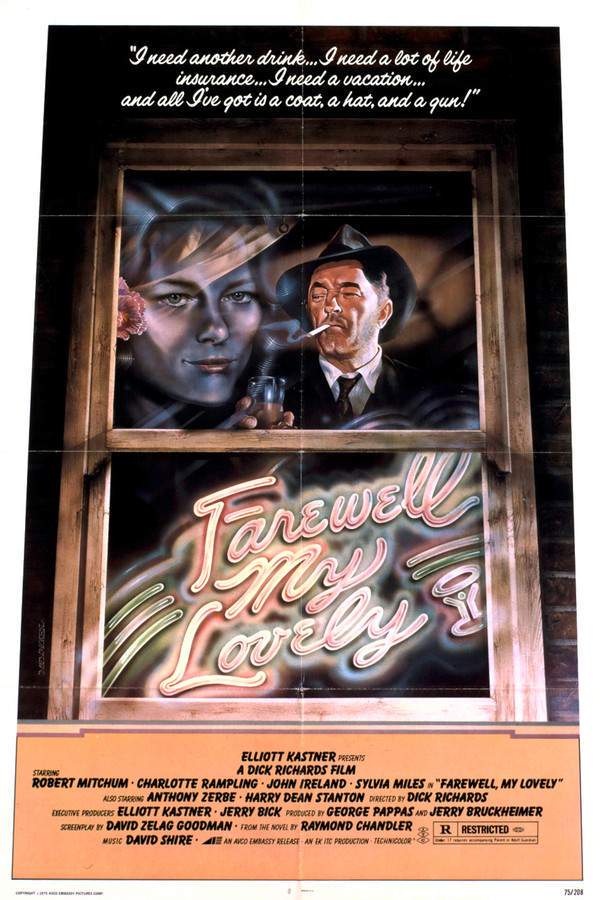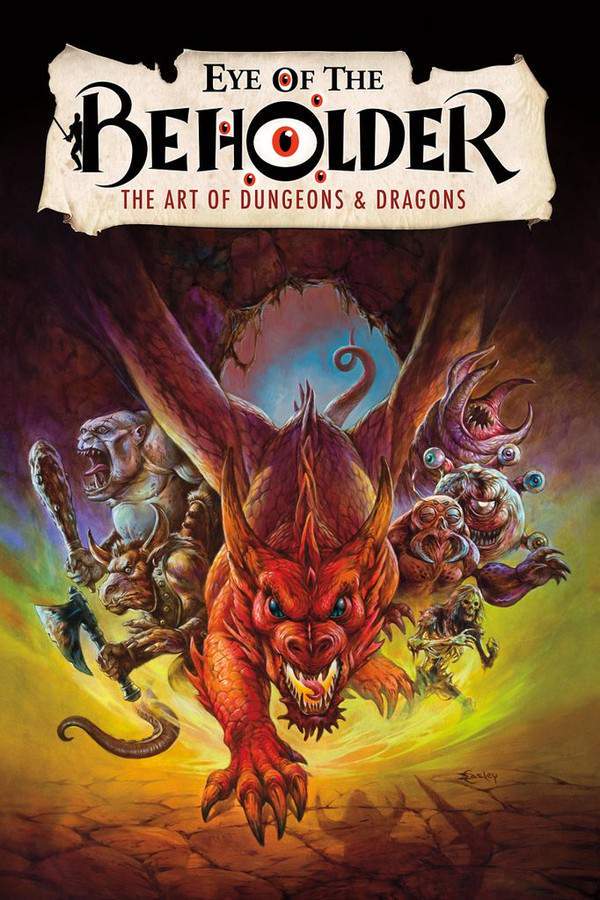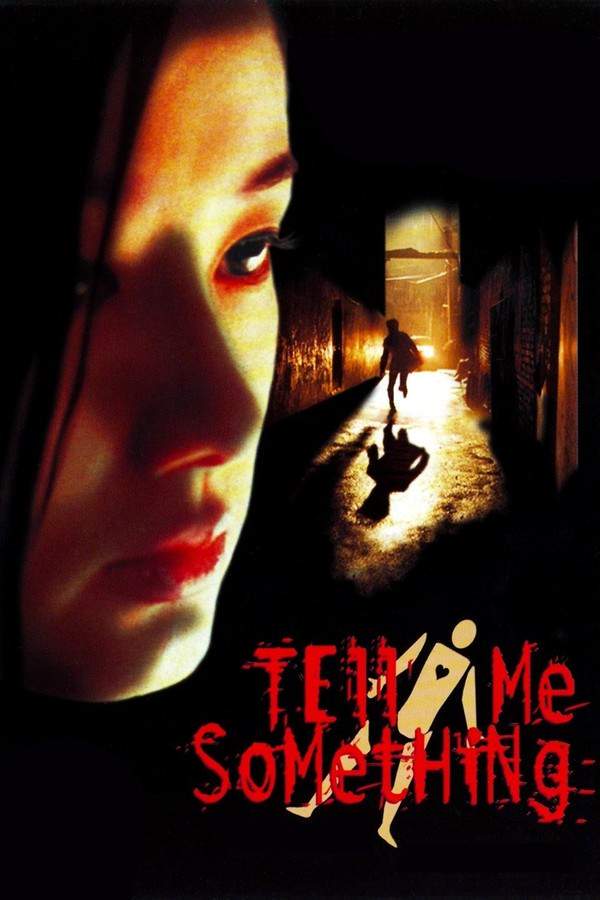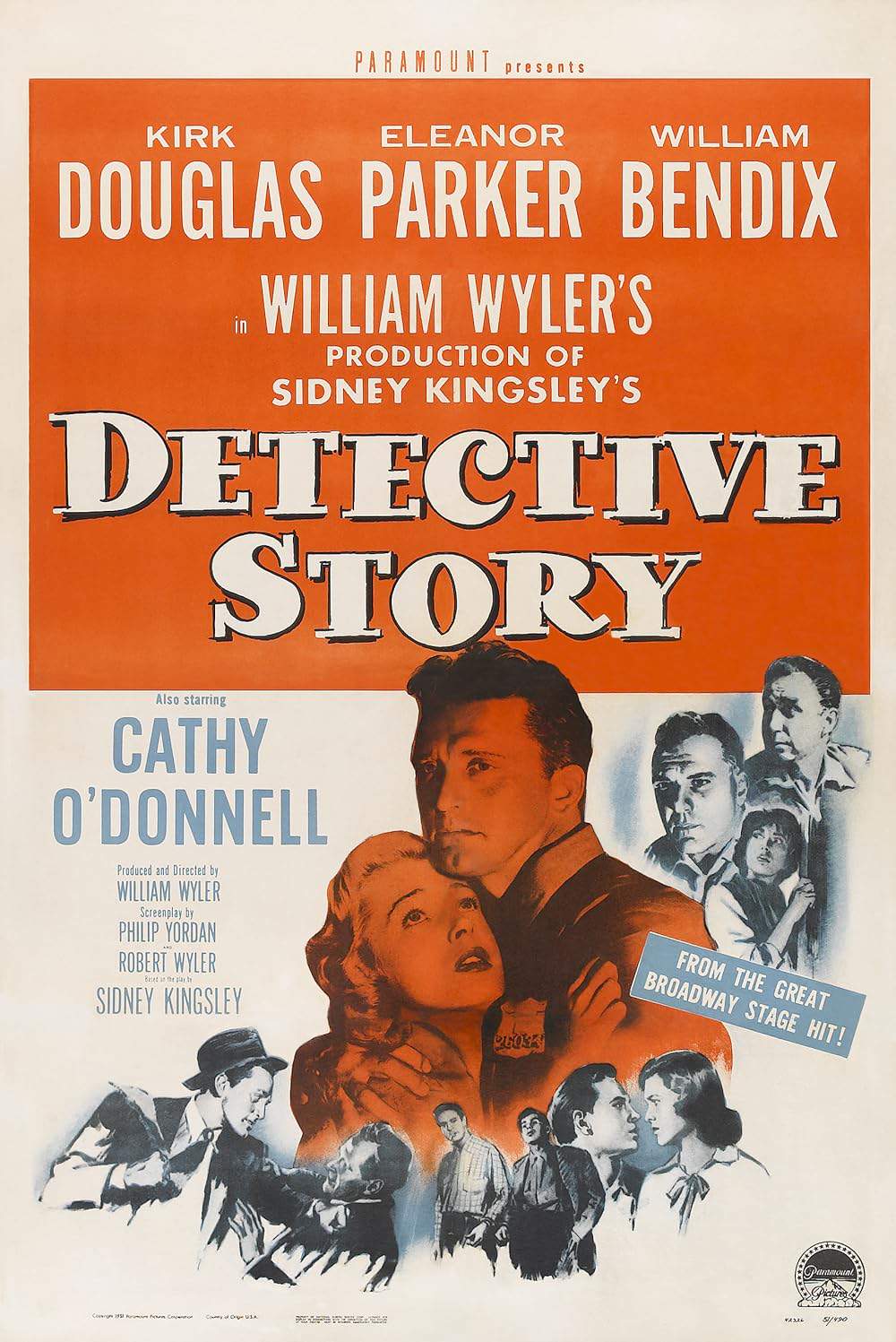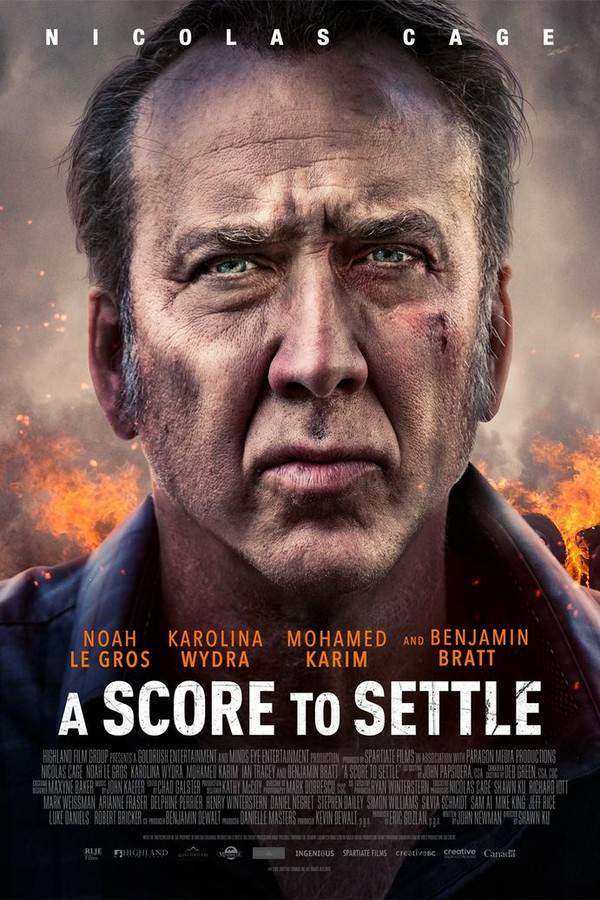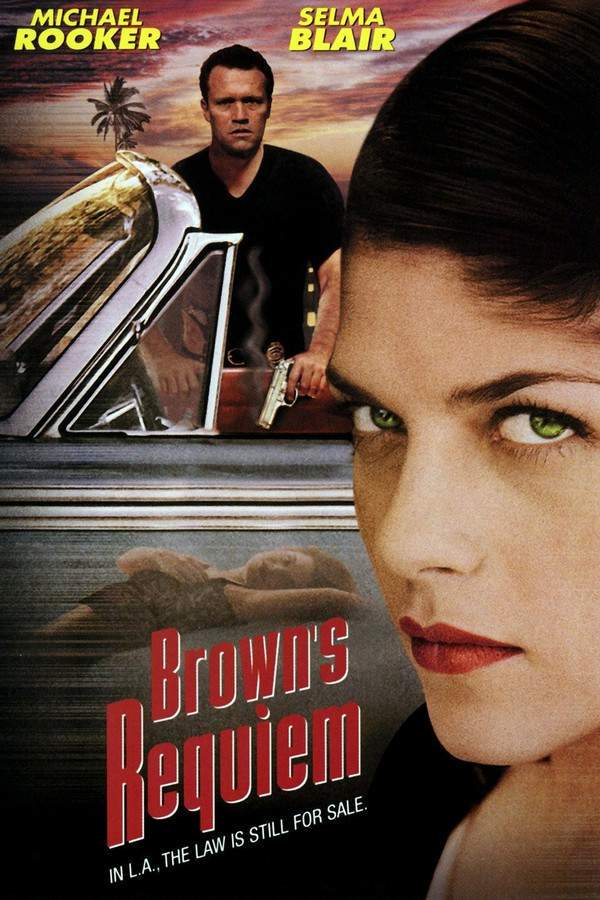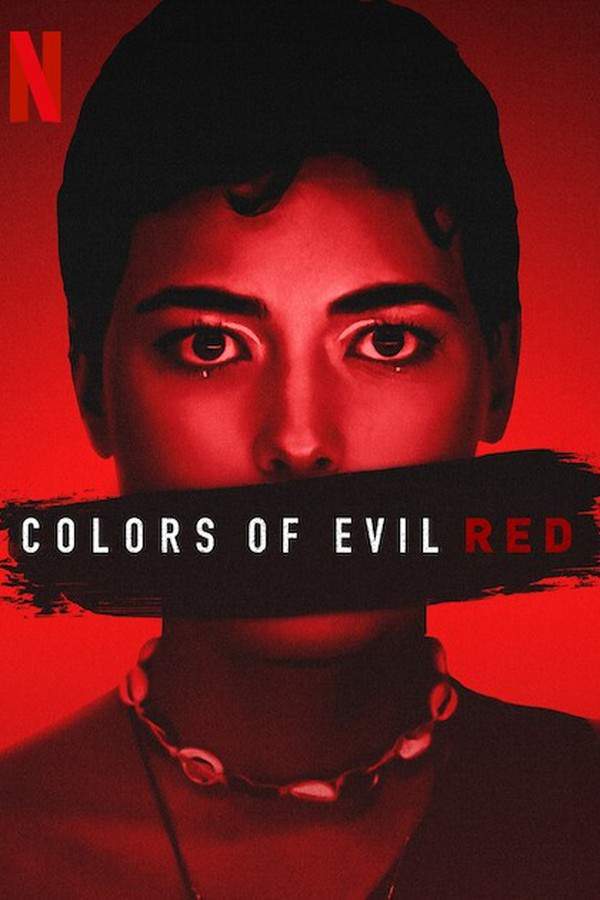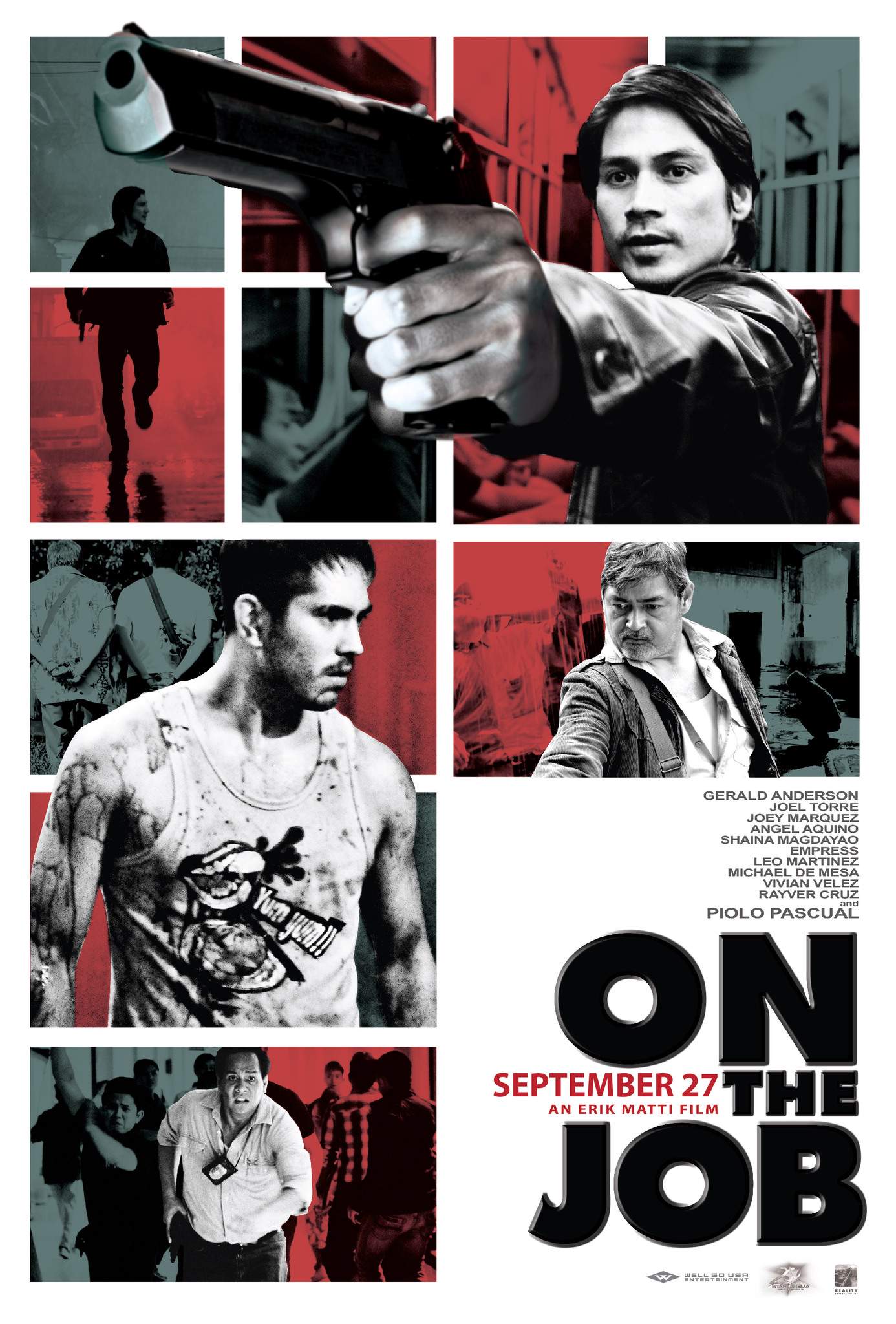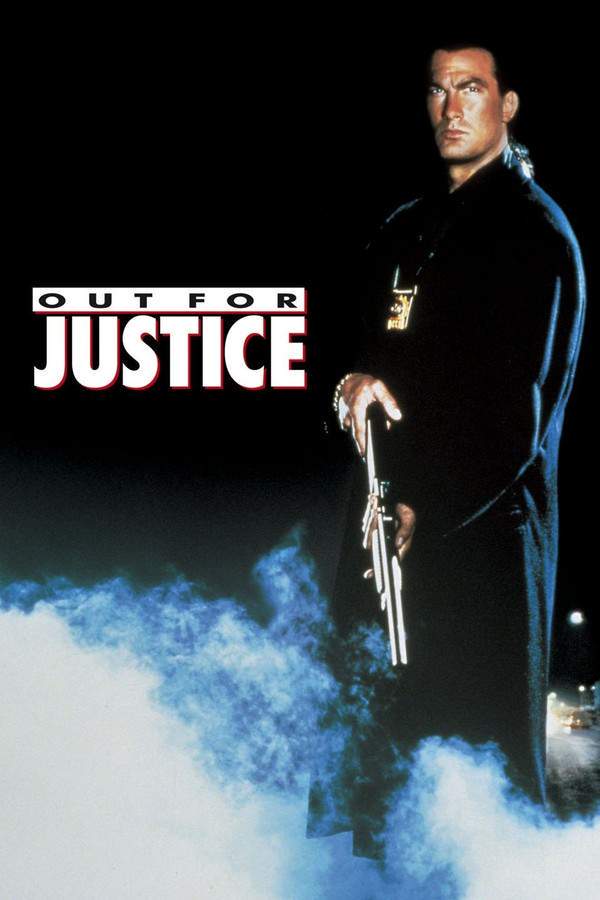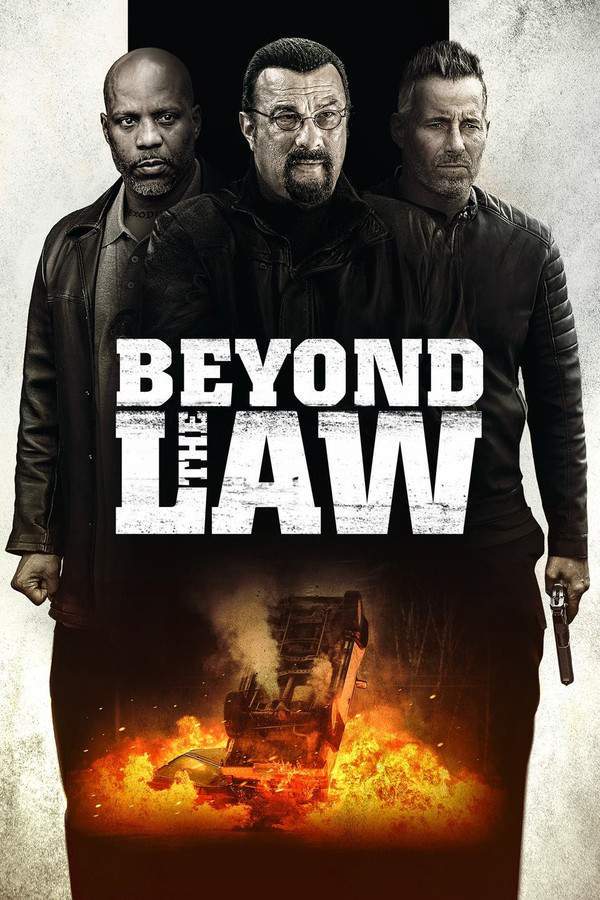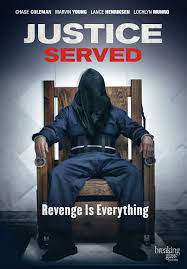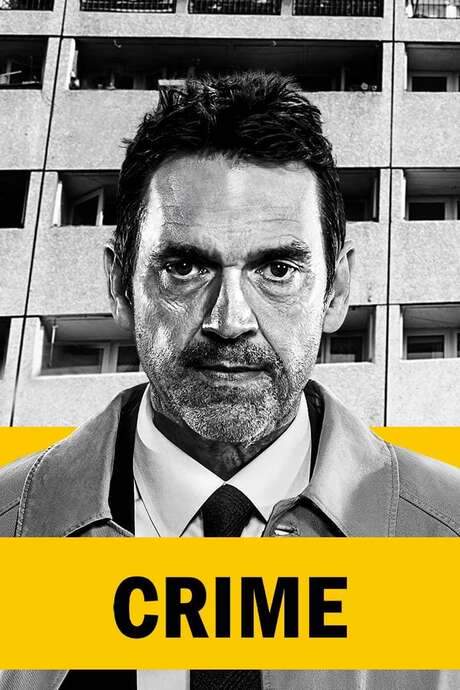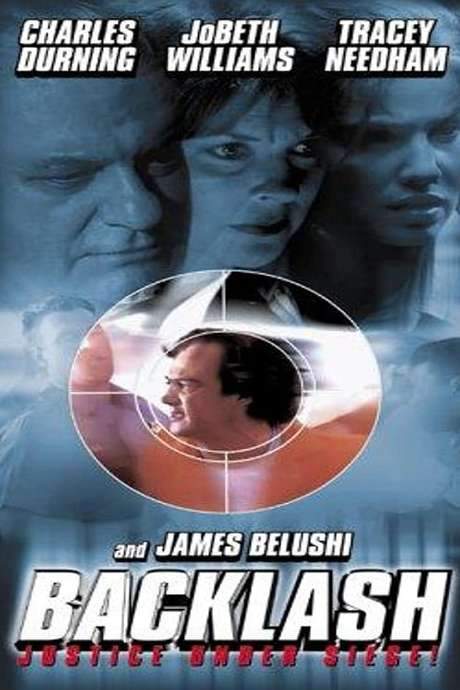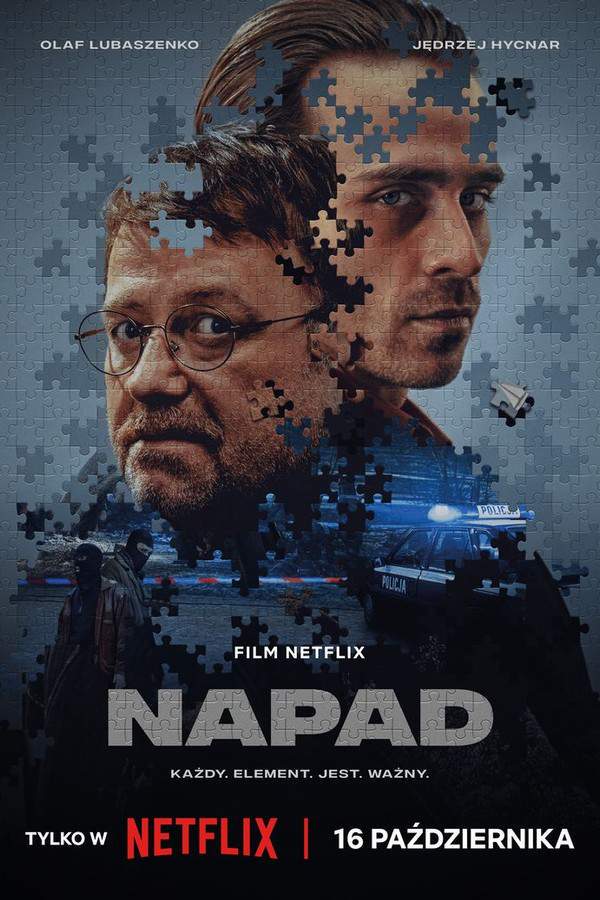
Justice
Year: 2024
Runtime: 1 h 53 m
Language: polish
In the early 1990s, a former police officer is offered a chance to return to his career by tracking down a group of criminals responsible for a bank robbery. Partnered with a young policewoman, he must work swiftly as the case draws unwanted attention from new authorities.
Warning: spoilers below!
Haven’t seen Justice yet? This summary contains major spoilers. Bookmark the page, watch the movie, and come back for the full breakdown. If you're ready, scroll on and relive the story!
Justice (2024) – Full Plot Summary & Ending Explained
Read the complete plot breakdown of Justice (2024), including all key story events, major twists, and the ending explained in detail. Discover what really happened—and what it all means.
A tense and gritty crime drama unfolds against the backdrop of Poland’s political transition, beginning with a harrowing bank hostage situation. Three women are held at gunpoint in a SGB bank by armed robbers, culminating in the tragic shooting death of one of the women, horrifying everyone involved. This violent act sets off a nationwide investigation that challenges the country’s hopes for a fresh start amid the remnants of its troubled past.
The story then shifts focus to a woman in the Polish countryside, who is driven in a government car. She is a prosecutor, played by Magdalena Boczarska, and she forms part of the team tasked with unraveling the bank robbery. Her mission is not only to find the culprits but also to navigate the complex layers of Poland’s changing political landscape. She is determined to trace the whereabouts of Tadeusz Gadacz, played by Olaf Lubaszenko, a former police officer once renowned for his unconventional methods, now considered somewhat of an outcast. Gadacz’s reputation was built during the Communist era, where he wielded influence and carried out investigations with little regard for protocol, often bending the rules to serve his sense of justice.
Despite the country’s recent political transformation, the authorities find themselves at a standstill with the robbery case. The theft of a modest 100,000 Zlotys from the bank might have been overlooked, but the brutal murder of the three tellers made it a priority for the government. The robbery occurred during a period of economic upheaval, with the bank in the process of merging with a private company, symbolizing Poland’s shift towards a freer economy. Ironically, the case unpredictably disrupts national efforts to privatize and modernize, drawing unwanted media attention.
Desperate for answers and eager to demonstrate progress, the government reaches out to Gadacz, offering him a deal: help solve the case swiftly, and his past associations with the Communist regime will be forgiven, allowing him to return to official police work as a deputy inspector. Gadacz, a man passionate about justice but haunted by his past, accepts this offer, beginning a two-week investigation to hunt down the robbers.
On his first day, Gadacz teams up with Wiktoria Gorodecka as Aleksandra Janicka, a diligent police officer. He visits the bank’s crime scene and quickly begins to unearth clues that challenge initial assumptions. Many police officers suspect the security guard, who has been missing since the robbery. However, Gadacz finds the theory unconvincing, especially after discovering bloodstains on the guard’s car and eventually locating his body hidden inside the vents—revealing that the guard was actually one of the victims, not the perpetrator.
His investigation leads him to scrutinize the bank’s security system. It turns out the branch manager intentionally turned off the alarm for some time due to ongoing technical issues, which he claimed were necessary to prevent disruptions. Further probing reveals that the security guard who was killed had not been scheduled to work that day—they discovered he had switched shifts with another guard, Kacper Surmiak (played by Jedrzej Hycnar), who was on duty when the alarm was deactivated. Kacper’s alibi involves attending his friend’s military swearing-in, where he and two friends — Bartek and Marek — celebrated together, adding another layer of suspicion.
Interrogations of Kacper and his friends reveal that all three had sturdy histories, with ties to security work and hunting. Gadacz, adhering to his tough, old-school style, employs psychological pressure, including threats and manipulative tactics, to get them to talk. His methods, though controversial, reflect his unwavering dedication to solving the case. He even bypasses confidentiality during therapy sessions where bank employees are being treated for shock, aiming to extract key information from witnesses and suspects alike.
Throughout the investigation, Gadacz’s connections to the Communist past prove to be both a help and a hindrance. His candidness about his history and his past alliances with senior officials allow him to access information others cannot, but also cause friction. His confrontational tactics with suspects such as Kacper, including threatening to shoot him, underscore his relentless pursuit of justice, no matter the moral ambiguity.
Kacper Surmiak emerges as a tragic figure—his life marked by hardship, loss, and unfulfilled longing. Orphaned early, he grew up in care homes, unable to reconnect with his beloved sister Ewa, who was adopted shortly before the robbery. His personal pain is palpable: his mother’s death due to financial ruin and her subsequent suicide, and his struggles to find stability in a changing Poland. His desperation for money and belonging pushes him into the crime, especially as he witnesses the economic disparity and social neglect that define his existence.
As the investigation intensifies, Kacper’s desperation leads him to violent measures. After a botched attempt to cover his tracks, he murders the two friends who helped plan the robbery, fearing betrayal and exposure. His mental state deteriorates, pushing him into further violence and self-deception as he seeks to shield his sister from the consequences of his actions. Ultimately, Gadacz tracks him down at the family that recently adopted Ewa, where Kacper attempts to fake a threat with a gun. The police, on high alert, shoot him dead in a tragic and brutal end.
Throughout the film, themes of justice, morality, and the lingering shadows of Poland’s communist past permeate the story. Gadacz’s past deeds and old loyalties surface repeatedly, illustrating the complex relationship between history and morality. His character embodies the paradox of seeking truth in a nation still grappling with its past, often making morally ambiguous decisions in the pursuit of justice. The story vividly captures the socioeconomic struggles faced by ordinary Poles, especially those born into hardship and hardship’s vicious cycle, showing how past pain and present corruption collide with the country’s hopes for renewal.
This film is a gripping exploration of crime, morality, and the enduring impact of history on personal destiny, portraying a Poland caught between the scars of its past and the promise of a new future.
Last Updated: August 19, 2025 at 05:15
Ending Explained – What Happens at the End of Justice?
Still wondering what the ending of Justice (2024) really means? Here’s a spoiler-heavy breakdown of the final scene, major twists, and the deeper themes that shape the film’s conclusion.
Once Kacper realizes that the police are closing in on him, he turns increasingly desperate. He kills his friends Bartek and Marek to eliminate any witnesses, showing just how far he will go to protect himself. Eventually, Kacper himself is the one who ends up dead — shot by the police in a tense standoff outside a family’s house where he had sought refuge. Despite Kacper’s violent tendencies and his ability to escape arrest for a while, the police’s pursuit continues, and in the end, they are unable to bring him in alive. Gadacz, the old-school detective, relies on his intuition and old methods of psychological manipulation rather than modern techniques. His relentless determination leads to the final confrontation, where he finds Kacper hiding at a family home. Kacper, though willing to die rather than face justice, is shot by the police and dies.
This ending underscores the harsh realities of justice in a society still grappling with its recent past and the new order. Gadacz’s classic tactics and refusal to adapt to the political changes highlight the tension between old methods and new kinds of crime that cannot always be punished with modern policing strategies. Although Gadacz doesn’t succeed in capturing Kacper alive, his unwavering pursuit suggests that the quest for justice often involves moral compromise and the acceptance of tragic outcomes. In the end, the film leaves viewers contemplating whether true justice is achieved in a justice system that struggles between past and present, and whether the price of justice can sometimes be too high.
Last Updated: June 25, 2025 at 09:03
Explore Movie Threads
Discover curated groups of movies connected by mood, themes, and story style. Browse collections built around emotion, atmosphere, and narrative focus to easily find films that match what you feel like watching right now.
Political Crime Thrillers like Justice
Crime investigations entangled with the murky politics of a changing nation.For viewers who liked the intertwining of crime and political transition in Justice, this collection features movies where a police procedural is set against a backdrop of societal upheaval and systemic corruption, exploring the moral cost of chasing justice in a broken world.
Narrative Summary
Stories typically begin with a specific crime that, as it's investigated, reveals deep connections to the political powers or socioeconomic conditions of the era. The protagonist's quest for truth often puts them at odds with the very institutions they serve, leading to a tense exploration of moral compromise.
Why These Movies?
They are grouped by their shared focus on using a crime story to dissect a political moment, creating a tense, realistic, and thematically heavy experience where personal and societal conflicts are inextricably linked.
Bleak Crime Dramas with Tragic Endings like Justice
Stories where the pursuit of justice leads to profound personal loss.If you appreciated the heavy emotional weight and sad conclusion of Justice, this section collects movies similar in their unflinching portrayal of crime's consequences, focusing on morally ambiguous characters and stories that end without hope or resolution.
Narrative Summary
The narrative follows investigators or protagonists who are deeply scarred by the case. The resolution often comes at a great personal price, revealing that the system is broken or that true justice is impossible, leaving characters with grief and a sense of futility.
Why These Movies?
They share a core DNA of emotional heaviness, a dark tone, and a commitment to tragic, realistic conclusions that prioritize thematic resonance over satisfying closure, creating a powerful and melancholic viewing experience.
Unlock the Full Story of Justice
Don't stop at just watching — explore Justice in full detail. From the complete plot summary and scene-by-scene timeline to character breakdowns, thematic analysis, and a deep dive into the ending — every page helps you truly understand what Justice is all about. Plus, discover what's next after the movie.
Justice Timeline
Track the full timeline of Justice with every major event arranged chronologically. Perfect for decoding non-linear storytelling, flashbacks, or parallel narratives with a clear scene-by-scene breakdown.

Characters, Settings & Themes in Justice
Discover the characters, locations, and core themes that shape Justice. Get insights into symbolic elements, setting significance, and deeper narrative meaning — ideal for thematic analysis and movie breakdowns.

Justice Ending Explained
What really happened at the end of Justice? This detailed ending explained page breaks down final scenes, hidden clues, and alternate interpretations with expert analysis and viewer theories.

Justice Spoiler-Free Summary
Get a quick, spoiler-free overview of Justice that covers the main plot points and key details without revealing any major twists or spoilers. Perfect for those who want to know what to expect before diving in.

More About Justice
Visit What's After the Movie to explore more about Justice: box office results, cast and crew info, production details, post-credit scenes, and external links — all in one place for movie fans and researchers.

Similar Movies to Justice
Discover movies like Justice that share similar genres, themes, and storytelling elements. Whether you’re drawn to the atmosphere, character arcs, or plot structure, these curated recommendations will help you explore more films you’ll love.
Explore More About Movie Justice
Justice (2024) Scene-by-Scene Movie Timeline
Justice (2024) Movie Characters, Themes & Settings
Justice (2024) Ending Explained & Theories
Justice (2024) Spoiler-Free Summary & Key Flow
Movies Like Justice – Similar Titles You’ll Enjoy
On the Job (2013) Detailed Story Recap
Out for Justice (1991) Detailed Story Recap
Beyond the Law (2019) Ending Explained & Film Insights
Justice Served (2017) Story Summary & Characters
Criminal Justice (1990) Complete Plot Breakdown
Street Justice (1987) Complete Plot Breakdown
Final Justice (1988) Film Overview & Timeline
Caught in Time (2020) Movie Recap & Themes
Crime (1000) Full Summary & Key Details
Mission of Justice (1992) Film Overview & Timeline
Mission of Justice (1992) Story Summary & Characters
Crime in Paradise (1959) Plot Summary & Ending Explained
When Justice Fails (1999) Plot Summary & Ending Explained
Justice (1999) Ending Explained & Film Insights
Backstreet Justice (1994) Story Summary & Characters

